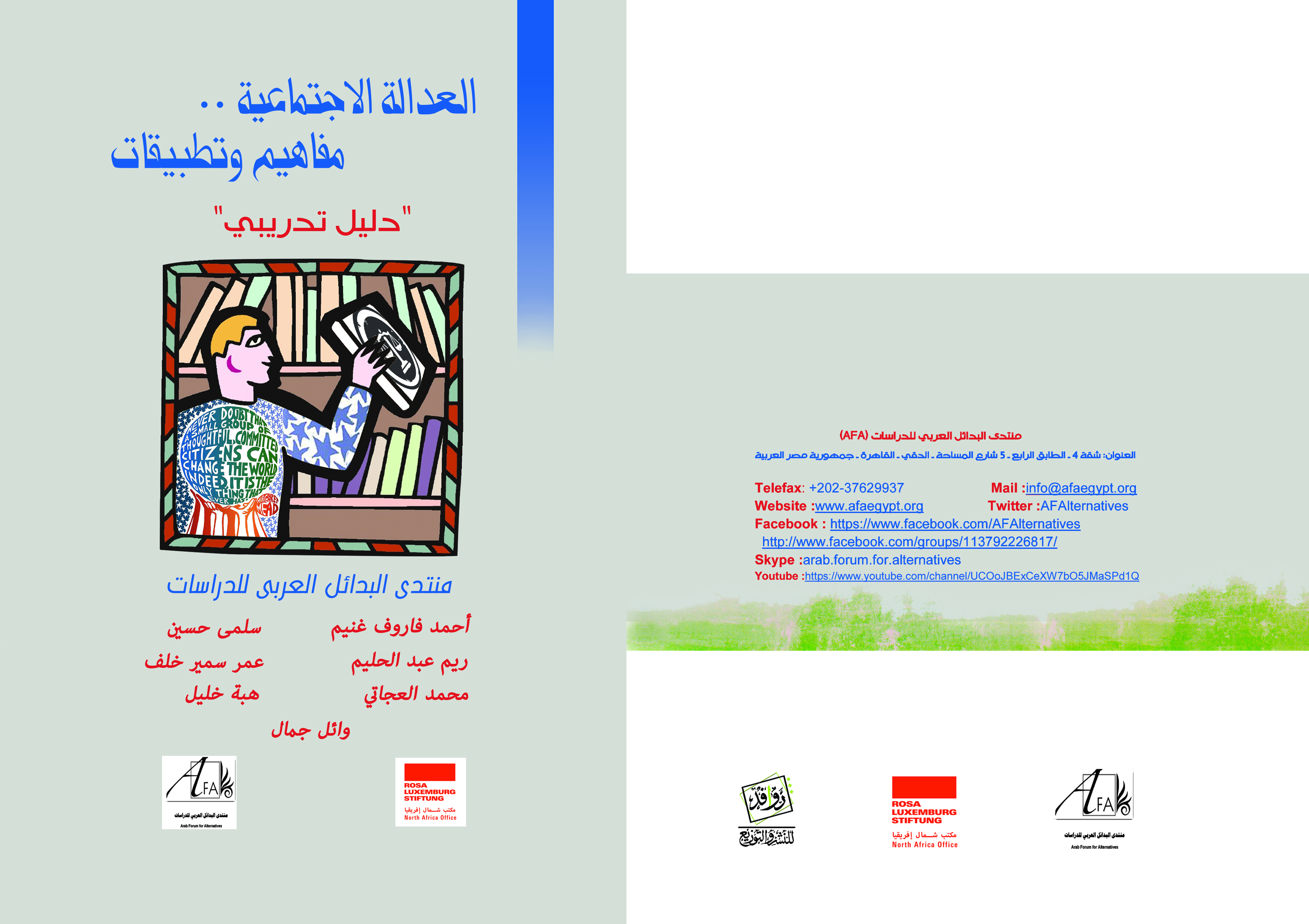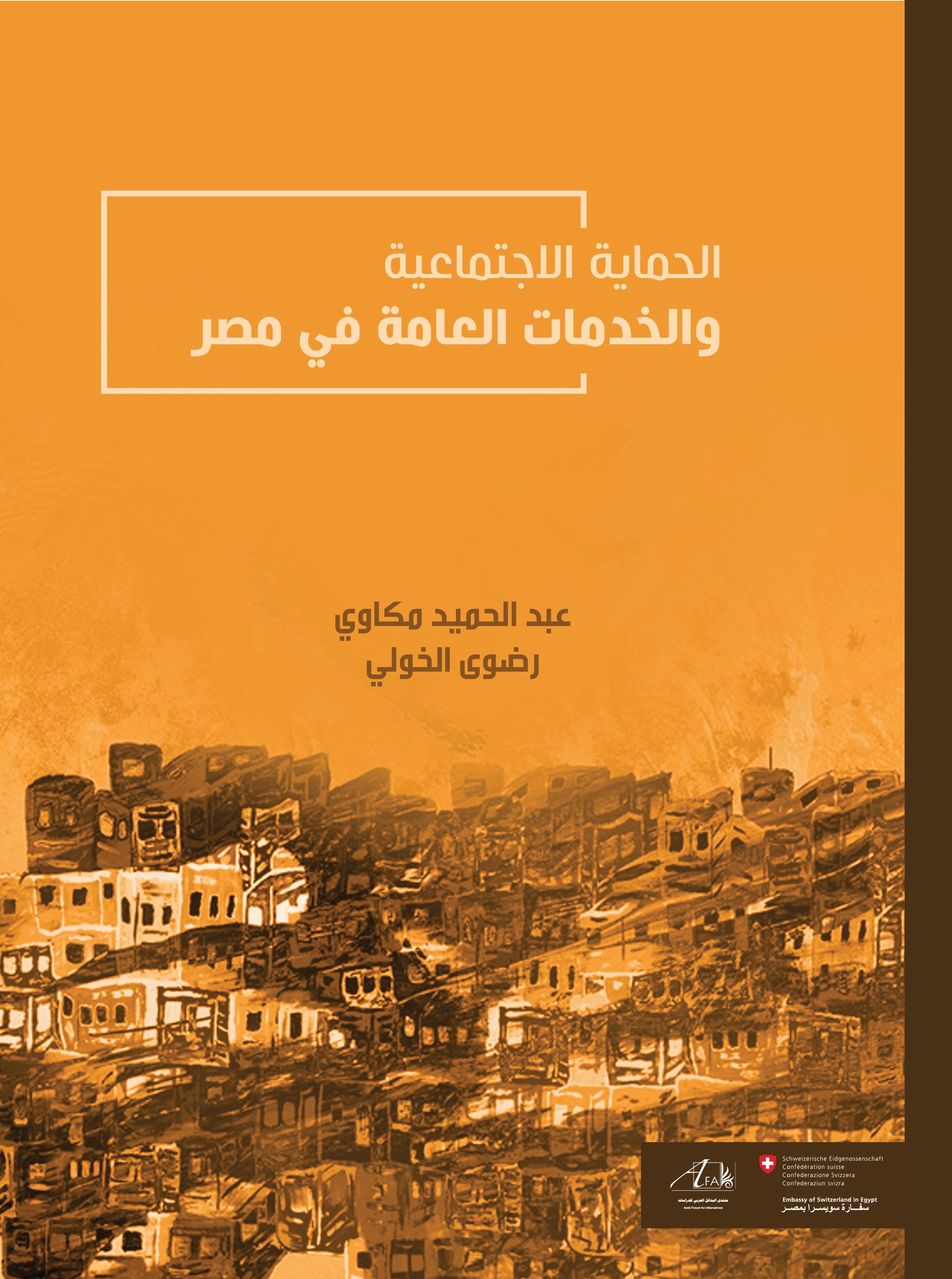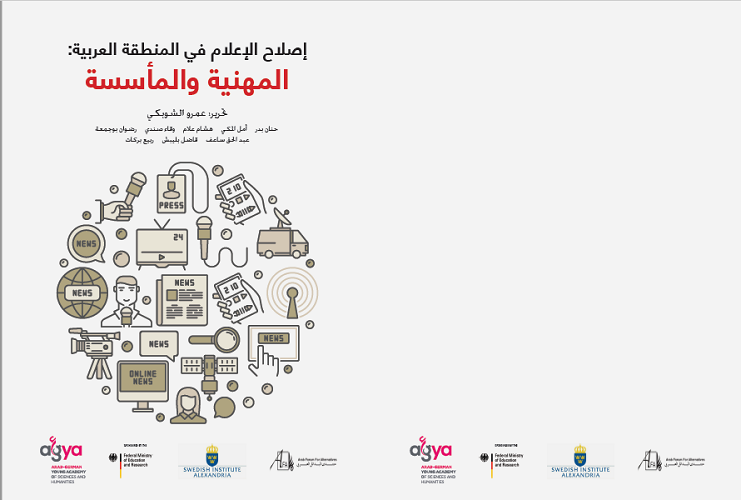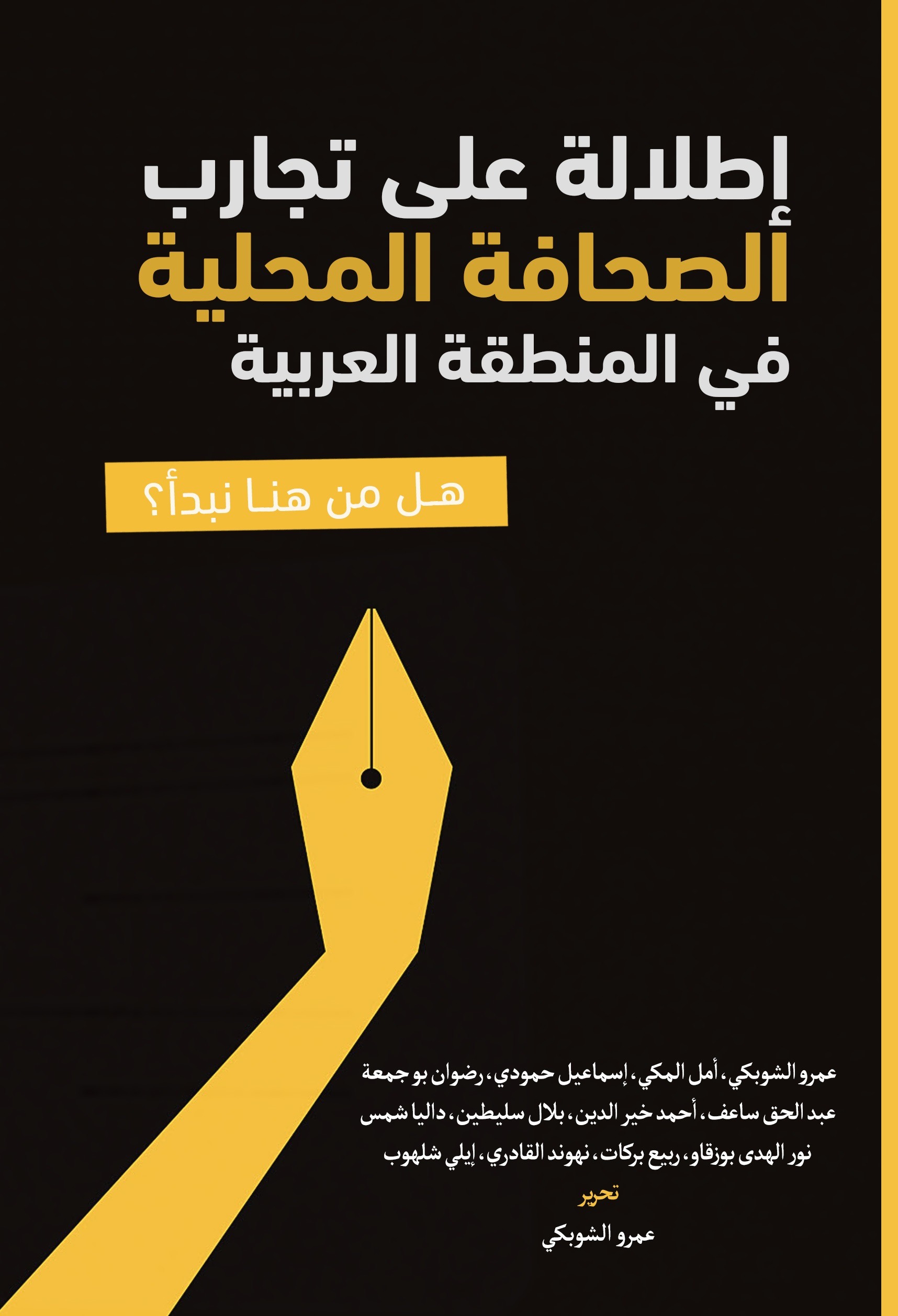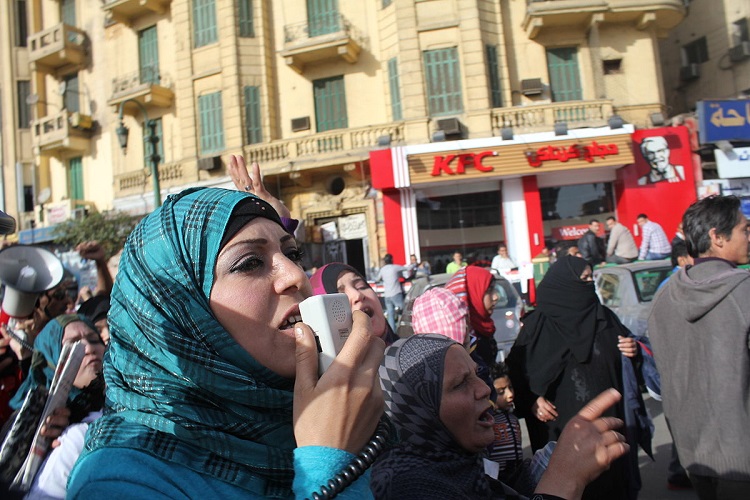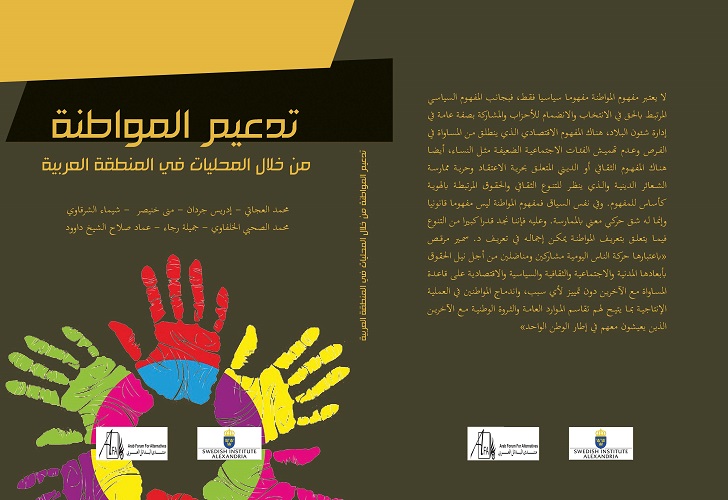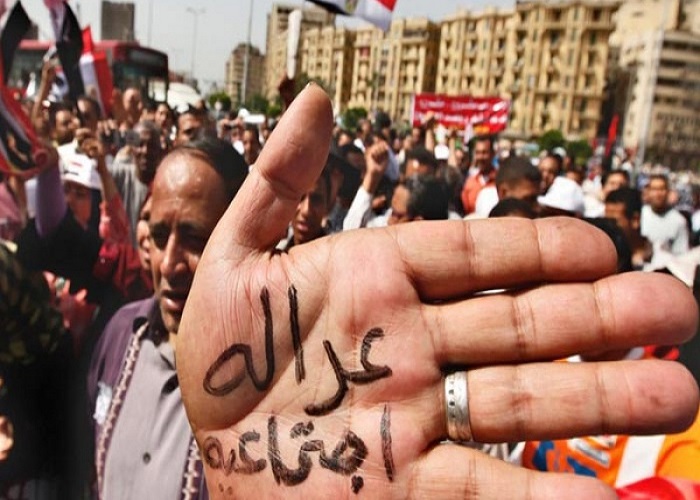Social justice: Concepts and Applications “Training manual”
Arab Forum for AlternativesEgypt ,Jordan ,Lebanon ,Morocco ,Tunisia This training manual is one of the outputs of a project on social justice concept and policy after the Arab revolutions, published by AFA in collaboration with the Rosa Luxemburg Foundation North Africa Office in 2014, and conducted training in Egypt, Tunisia and Morocco. This manual attempts to introduce the concept of social justice in its theoretical and practical dimensions through seven chapters: First chapter prepared by Wael Gamal, titled “How to understand social justice? Your manual to definitions and concepts”. This chapter deals with the argument between the different definitions and…

